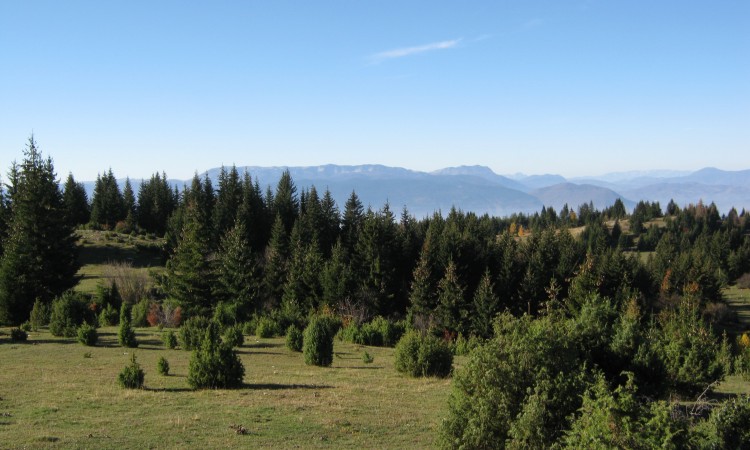Bosnia’s forests - an asset worth protecting

Nearly 60 per cent of Bosnia is covered by forest that needs to be protected, not only from climate change but also from the pressures of the market economy and infrastructure projects, environment activists warned on March 21, the International Day of Forests.
Oglas
Some 30 per cent of the world is covered by forest but about 16,000,000 acres of it disappears annually, nearly the size of Sri Lanka.
An additional threat to Bosnia’s forests is the widespread use of wood for heating in the country, according to Aleksandra Anja Dragomirovic, from the Centre for Environment in Banja Luka.
It is part of a global issue of using wood biomass for energy, she said, adding that 46 per cent of the European Union is currently doing so.
Oglas
“Using wood biomass is not neutral from the aspect of greenhouse gas emissions as it releases carbon dioxide, and logging for the purposes of producing energy reduces the amount of carbon gasses which the forest would exploit from the atmosphere,” a news release from the Centre said.
But planting forests for energy also has a negative impact on biodiversity, the quality of water and land, it said, as the forest is not natural and doesn’t serve all of its functions in the ecosystem.
Forests, as the most complex land ecosystem, offer a wide range of benefits. They absorb carbon dioxide and release oxygen, filter water, contribute to the production and maintaining of quality land, and are home to many organisms which are important for the natural balance and human survival and health, the Centre said.
“Water and forests mean life and the survival of the planet and humanity. Let’s make an effort to work on maintaining them and improving them,” the Centre concluded.
Kakvo je tvoje mišljenje o ovome?
Učestvuj u diskusiji ili pročitaj komentare
Oglas
Kakvo je tvoje mišljenje o ovome?
Učestvuj u diskusiji ili pročitaj komentare
Oglas
NAJČITANIJE
Oglas
Oglas
Najnovije
Oglas
Oglas





 Srbija
Srbija
 Hrvatska
Hrvatska
 Slovenija
Slovenija



























































